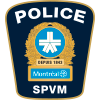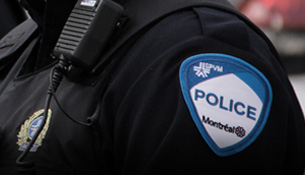Accueil
Erreur - Problème Technique / Technical problem
Problème technique (erreur 500)
Un problème technique est survenu lors de votre requête. Nous sommes désolés des inconvénients que cela pourrait vous causer.

Site officiel du Service de police de la Ville de Montréal
© 2004-2026, tous droits réservés.
Message de bienvenue |
|
|
العربية български Kreyòl Español Italiano ایران Português Deutsch ελληνικά հայերեն |
دری Fon ગુજરાતી Innu Lingala Türk Tiếng việt English Français |
Je veux m'informer
Vous voulez vous renseigner? Consultez nos différentes fiches d’information :


